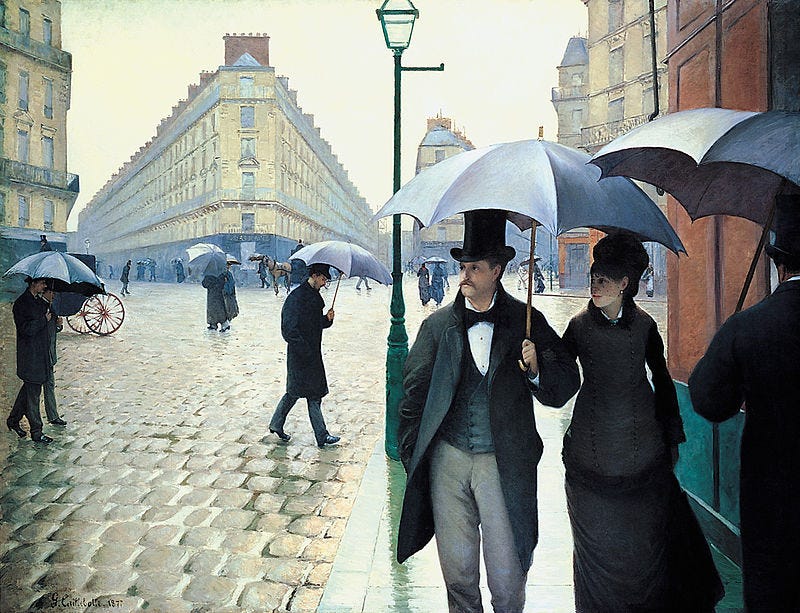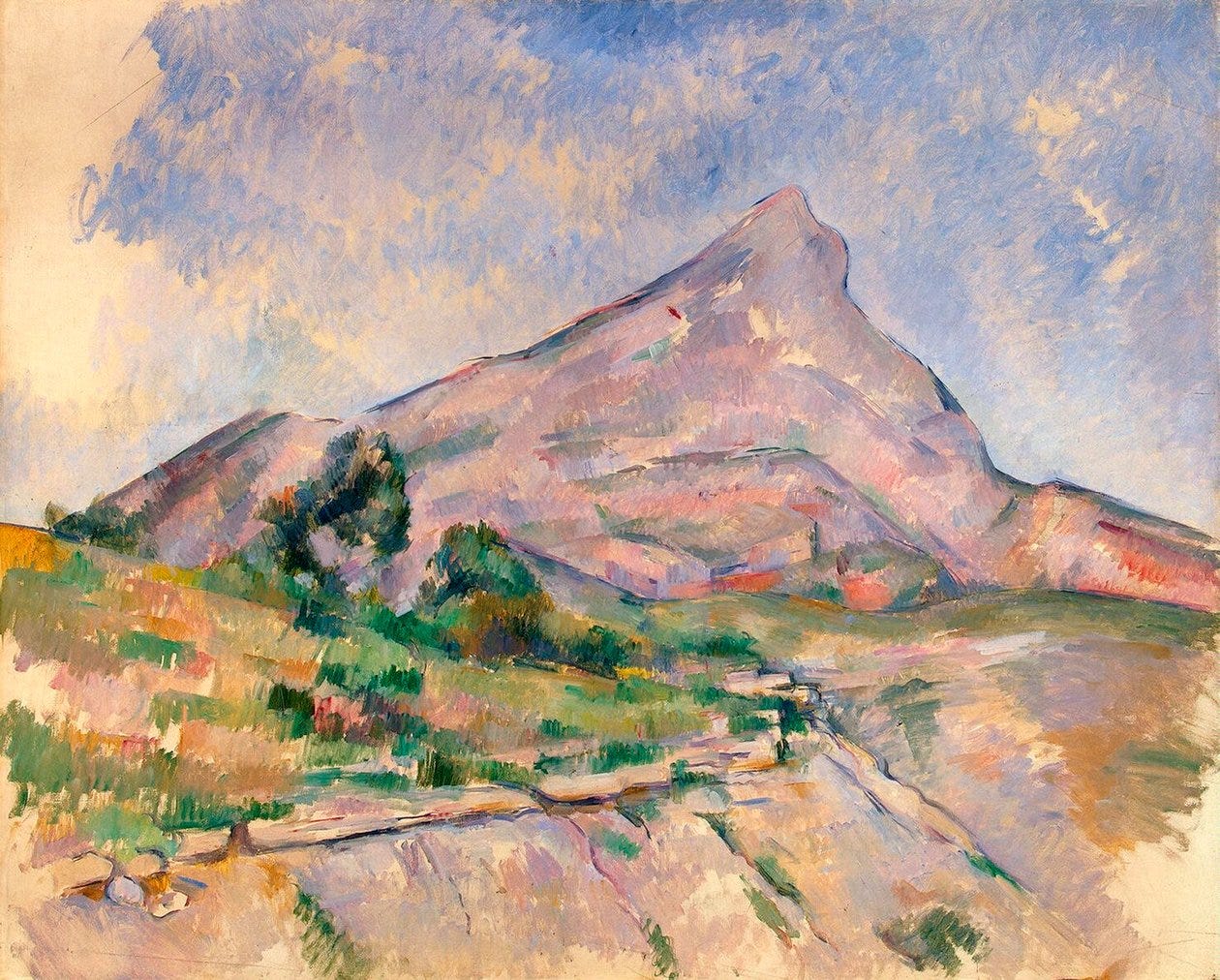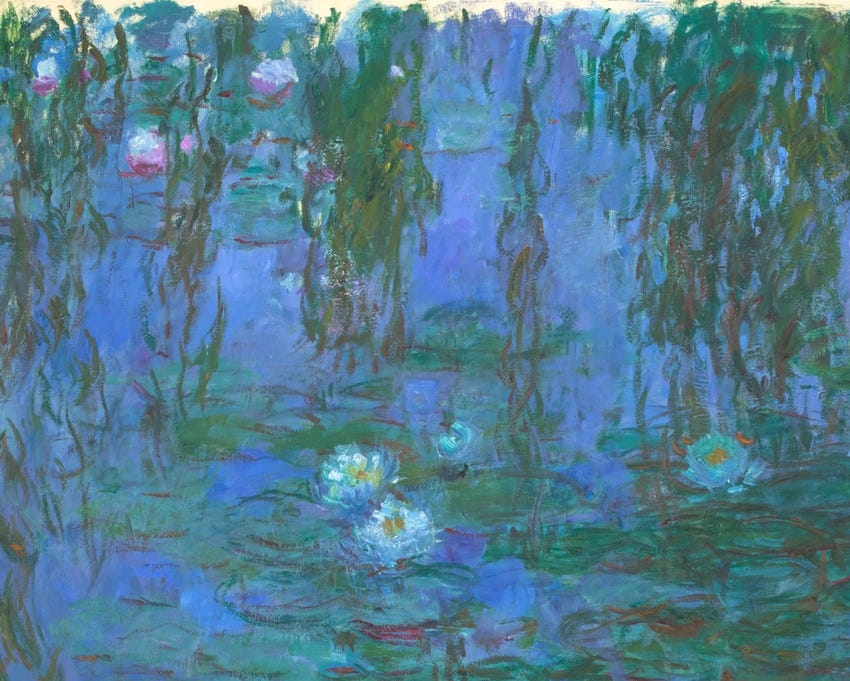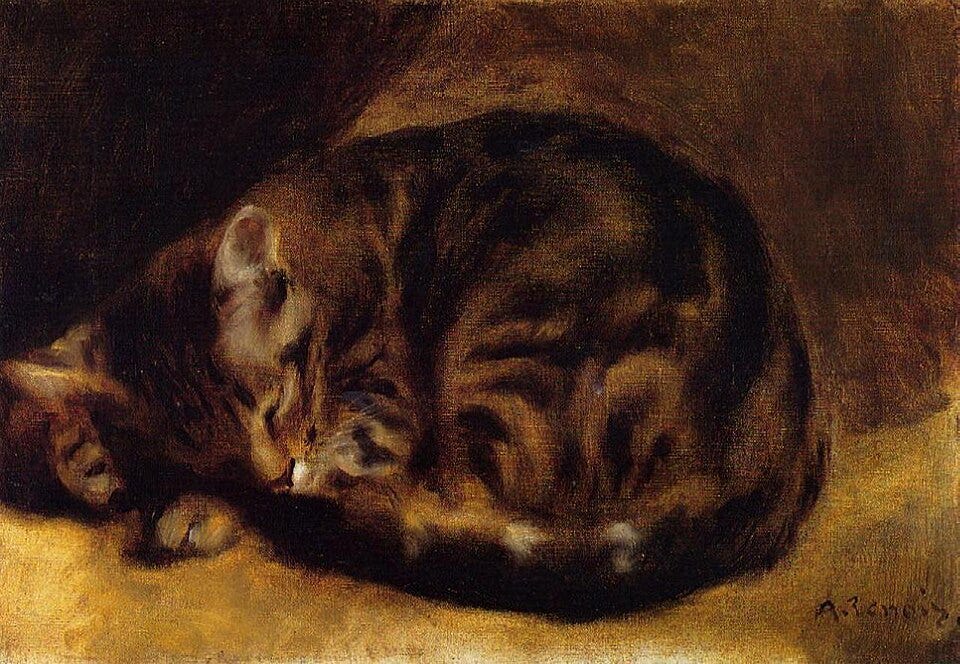Poetic French Expressions for Everyday Life
When it rains ropes and you have a cat in your throat.
Have you ever heard someone say “Il fait un froid de canard” and wondered why ducks are involved in the weather forecast?
French, in its everyday turns of phrase, is a goldmine of poetry. Not the kind you find in dusty volumes, but the kind that slips into daily life like a gust of wind, a sudden chill, a missed train. These idiomatic expressions carry rhythm, metaphor, and emotion, and they often say far more than their literal words.
Today, we’re exploring a handful of images that speak, expressions that bring French to life, and that make you feel like you’re not just learning the language, but living inside its weather, its mood, its culture.
Here are some of the most soulful and vivid French expressions, where they come from, and how to use them like a native (or a poet).
Weathered Words – The Climate of Feeling
Il fait un froid de canard — “It’s duck cold” (bitterly cold)
Origin: From duck hunting season, hunters would sit freezing still for hours.
Use: “N’oublie pas ton écharpe, il fait un froid de canard ce matin !”
Translation: “Don’t forget your scarf, it’s freezing this morning!”
Passer en coup de vent — To breeze in and out
Origin: Suggests a visit as fast and fleeting as a gust.
Use: “Elle est passée en coup de vent juste pour dire bonjour.”
Translation: “She just dropped by quickly to say hi.”
Il pleut des cordes — “It’s raining ropes”
Origin: Describes thick, vertical sheets of rain, like ropes from the sky.
Use: “On annule le pique-nique ? Il pleut des cordes…”
Translation: “Should we cancel the picnic? It’s pouring.”
Faire la pluie et le beau temps — “To make the rain and the good weather” (To call the shots)
Origin: Refers to someone with total control, like the weather gods.
Use: “Dans cette entreprise, c’est lui qui fait la pluie et le beau temps.”
Translation: “In this company, he’s the one who calls the shots.”
Expressions of the Heart – Quiet Storms & Unsaid Things
These idioms say what we often don’t , rifts, blues, emotional mountains. French gives the heart metaphors it can speak.
Être en froid (avec quelqu’un) — To be on cold terms
Origin: Cold = emotional distance
Use: “Depuis cette dispute, ils sont un peu en froid.”
Translation: “Since that argument, they’ve been a bit distant.”
Avoir le cafard — To have the cockroach (to feel blue)
Origin: Popularized by Baudelaire, the cockroach symbolizes creeping sadness.
Use: “Je sais pas pourquoi, j’ai le cafard aujourd’hui.”
Translation: “I don’t know why, I feel blue today.”
Couper les ponts — To cut the bridges
Origin: Like burning bridges, a complete disconnection.
Use: “Elle a coupé les ponts avec sa famille.”
Translation: “She cut all ties with her family.”
Se prendre un râteau — To get hit with a rake (to get rejected)
Origin: Imagine walking toward someone you like, stepping on a rake you didn't see... then whack. Used when someone makes a romantic move, and it backfires.
Use: “Je lui ai avoué mes sentiments et je me suis pris un râteau…”
Translation: “I told her how I felt — and got totally rejected…”
Se faire une montagne de quelque chose — To make a mountain of something
Origin: Self-made, turning a small hill of trouble into Everest.
Use: “Tu te fais une montagne de rien du tout.”
Translation: “You’re making a big deal out of nothing.”
Everyday Poetry – Soft Metaphors in Daily Life
Gentle, funny, wistful, these are idioms that slip into everyday talk, but bring with them a soft, human lyricism.
Être fleur bleue — To be a blue flower (sentimental, naive in love)
Origin: From Romantic literature, the blue flower symbolized longing and purity.
Use: “Il est un peu fleur bleue, il croit encore au grand amour.”
Translation: “He’s a bit of a romantic, still believes in true love.”
Prendre la clé des champs — To take the key to the fields
Origin: Escaping a confined space, to freedom, to the countryside.
Use: “Elle en a eu assez de cette relation et a pris la clé des champs.”
Translation: “She had enough of this relationship and got out/escaped.”
Avoir la tête dans les nuages — To have your head in the clouds
Origin: Classic metaphor for dreaminess or distraction.
Use: “Tu rêves encore ? T’as toujours la tête dans les nuages.”
Translation: “Still dreaming? Your head’s always in the clouds.”
Animal Whispers – Idioms on the Loose
French animals are expressive, unpredictable, and often hilarious. From disappearing rabbits to throaty cats, they make their way into how the French express feelings.
Avoir un chat dans la gorge — To have a cat in your throat
Origin: A whimsical way to say your voice is hoarse
Use: “Excuse-moi, j’ai un chat dans la gorge ce matin.”
Translation: “Sorry, my voice is hoarse this morning.”
Poser un lapin — To set down a rabbit (to stand someone up)
Origin: From 19th-century slang, where a “lapin” meant ditching someone (especially romantically).
Use: “Il m’a encore posé un lapin hier soir…”
Translation: “He stood me up again last night…”
Quand les poules auront des dents — When hens have teeth
Literal meaning: Something will happen… never.
Origin: Old expression (XVIIIe ) to say that something is impossible.
Use:“Tu crois qu’il va changer d’avis ?” “Oui, quand les poules auront des dents !”
Translation: “You think he’ll change his mind?” “Yeah, when pigs fly!”
Donner sa langue au chat — To give your tongue to the cat (to give up guessing)
Origin: Refers to surrendering your ability to speak or guess, handing it over.
Use: “Je ne trouve pas. Je donne ma langue au chat !”
Translation: “I give up. What is it?”
Être têtu comme une mule — To be as stubborn as a mule
Origin: Universal, mules are famously unmovable.
Use: “Elle veut rien entendre, elle est têtue comme une mule.”
Translation: “She won’t listen, she’s as stubborn as a mule.”
Why Learn These?
Because poetic expressions stick. They build memory through image and emotion. They help you sound more fluent, more connected, and more French. Even one or two of these, woven into your speech, can light up your language with nuance and style.
They’re not just colorful phrases; they’re keys to French sensibility, to seeing the world the way the language does: through weather and animals and storms of feeling.
Et vous ?
What about your language?
Does it rain ropes in your part of the world?
Do animals sneak into your idioms too?
Share a poetic expression in your language in the comments, one that captures something no direct translation could. Let’s start a little multilingual bouquet.
À très bientôt,
Morgane.
Introducing Contributor, Morgane Andersson
Immerse yourself in all of Morgane’s articles on her Contributor page.






Y aller avec sa bite et son couteau 🤣